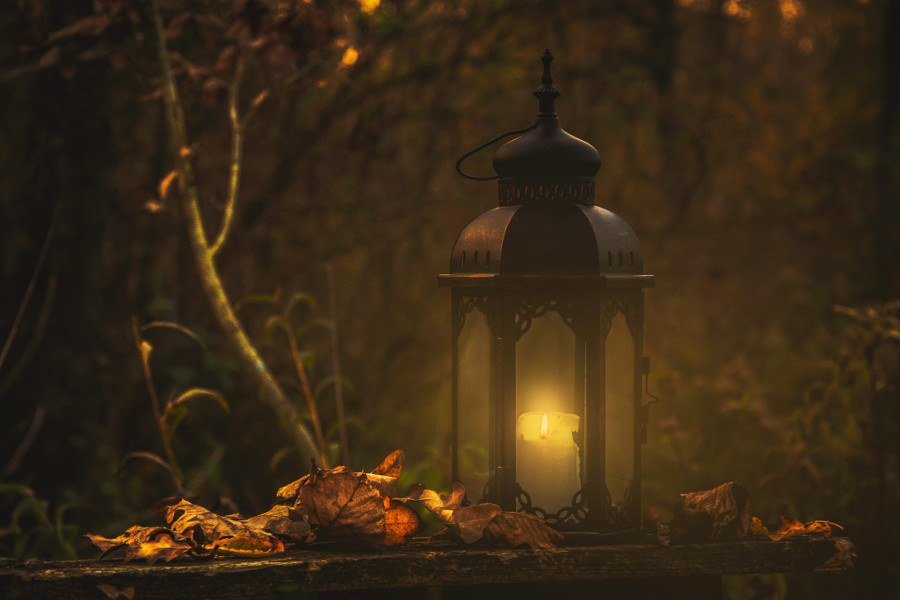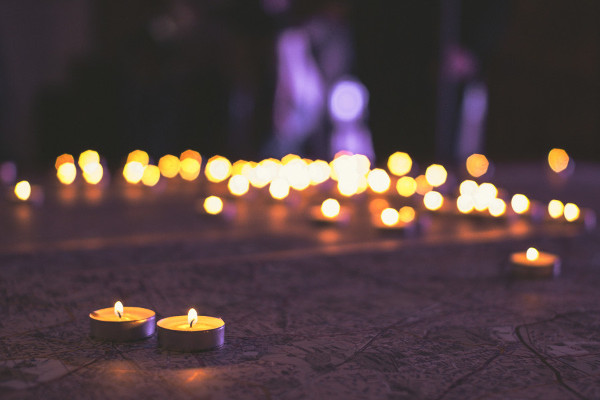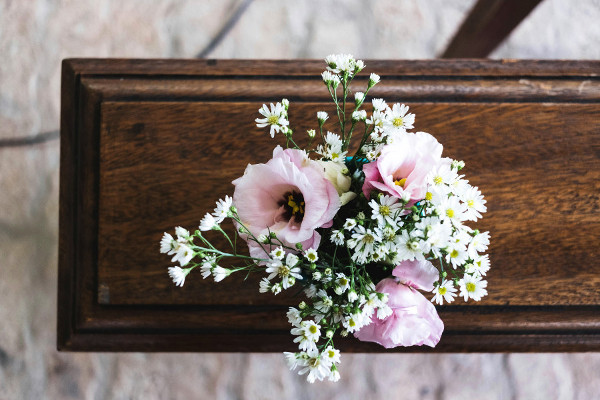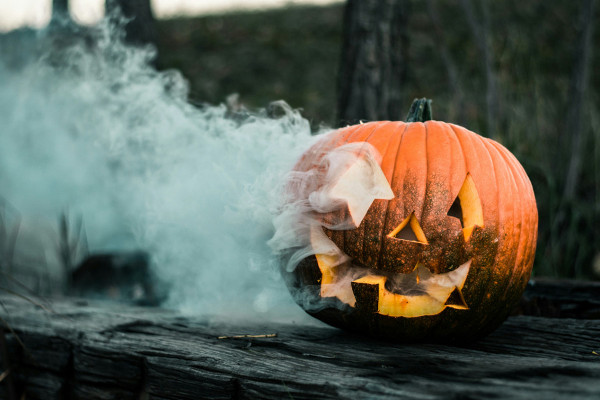What is All Souls' Day? - Meaning, Traditions, and Global Celebrations
All Souls' Day, observed on November 2nd each year, is a time to reflect on the lives of the departed and honor their memory. Unlike All Saints' Day, which honors holy individuals, All Souls' Day focuses on remembering all who have passed away, especially our loved ones and closest relatives. Rooted in love, faith, and spiritual connection, this day invites us to remember, intercede, and celebrate the bond between the living and the dead.

What is All Souls' Day and when is it celebrated?
All Souls' Day is a deeply meaningful occasion where we come together to remember and honor the souls of the departed. It’s observed on November 2nd each year and follows the celebration of All Saints' Day. For many Christians, it’s a day to offer prayers and reflections for those who have passed away. The tradition is not just about remembering the dead; it's about actively helping them find peace in their journey toward eternal life. For non-religious people it's about honoring the memory of deceased loved ones, often in the form of going to the cemetary and visiting the graves of the passed away people, or just lighting a candle at home and remembering.
How is All Souls' Day different from All Saints' Day?
All Saints' Day, celebrated on November 1, is all about honoring the saints – those recognized for their holy lives and virtues. But here’s the difference: while All Saints' Day focuses on celebrating these extraordinary lives, All Souls' Day, which comes a day later, is a time to reflect on all those who have passed, especially those who were close to us. It’s a softer, more solemn day that calls us to remember our loved ones and all the faithful departed.
How is All Souls' Day celebrated in different cultures?
Different cultures have found their own special ways to observe All Souls' Day, blending ancient practices with Christian traditions. In Mexico, it’s all about the vibrant Día de los Muertos (Day of the Dead), where families create altars and gather to celebrate their ancestors with food, music, and joy. In Italy, Spain, and other European countries, it’s common to visit graves, light candles, and offer prayers for the departed. In the Philippines, families often go to Mass and clean tombs. Regardless of the traditions, the spirit of remembrance and honoring the dead is universal.
What are soul cakes and why are they associated with All Souls' Day?
Soul cakes are small, round treats with a long history tied to All Souls' Day. Originating in medieval England, these cakes were given to children who went “souling,” a practice where they would sing prayers for the dead in exchange for these sweet offerings. The cakes were made with spices and currants, symbolizing a simple but heartfelt gesture to aid the souls in their journey. Over time, soul cakes became a way for communities to engage in collective remembrance, blending charity with tradition as a way to honor the departed and those left behind.
What is the traditional food for All Souls' Day?
Food plays a huge role in All Souls' Day celebrations, especially as a way to honor the departed. In places like Mexico, pan de muerto (bread of the dead) is a beloved treat, often shaped in the form of skulls or bones, and filled with sweet, fragrant flavors. In Italy and Spain, families might offer bread, wine, fruit, or hearty meals at the graves of their loved ones. These food offerings symbolize the spiritual nourishment of the deceased and serve as a reminder of the ongoing bond between the living and the dead through shared meals and memories.
How do you honor loved ones on All Souls' Day if you are non-Catholic?
Even if you’re not Catholic, you can still honor your loved ones on All Souls' Day. Whether through personal reflection or simple acts of remembrance, this day is a chance to connect with the memory of those who have passed. You might visit a cemetery to leave flowers, light a candle, or even take a quiet moment to remember and pray for them. It’s not about religious affiliation; it’s about honoring the departed and keeping their memory alive. Everyone, no matter their faith, can participate in this universal tradition of remembering those who have gone before us.
Can you visit a cemetery on All Souls' Day?
Yes, visiting a cemetery on All Souls' Day is a deeply meaningful way to connect with the departed. It’s a time to reflect on the lives of those who have passed and offer prayers for their peaceful journey. Families often clean graves, light candles, and place flowers as a sign of love and remembrance. This act is symbolic – showing that the memory of the deceased remains alive in the hearts of their loved ones. It’s a simple yet powerful way to keep that bond intact and continue supporting the souls of the departed.
Why do people decorate graves on All Souls' Day?
Grave decoration on All Souls' Day isn’t just about beautifying the resting places of the dead – it’s an expression of respect, love, and remembrance. Flowers, candles, and other offerings serve as physical symbols of the living’s ongoing connection to the departed. In many cultures, this practice reflects the belief that the spirits of the dead can find peace through these acts. It’s a way to honor their memory, show them they are not forgotten, and offer them something beautiful as a mark of love and respect, reaffirming the ties between the living and the deceased.
What does lighting candles on All Souls' Day symbolize?
Lighting candles on All Souls' Day is a powerful, symbolic act. It represents the light of Christ and the hope that the souls of the departed will find peace in the eternal light. The flame also serves as a reminder of the spiritual journey – one that doesn’t end with death. For many, the act of lighting a candle is a way to offer prayer and intercession for the souls in purgatory, providing them with the light of guidance. It’s a comforting and tangible way to honor the dead and keep their memory alive in the hearts of the living.
What is the significance of the "Day of the Dead" (Día de los Muertos)?
Día de los Muertos, or the Day of the Dead, is a Mexican tradition that beautifully blends pre-Columbian beliefs with Catholic influences. While All Souls’ Day honors the dead with solemn prayers, the Day of the Dead is a joyful celebration, inviting spirits to return home for a visit. Families build altars filled with offerings – photos, food, candles, and marigolds – to welcome their ancestors. The day is marked by a festive atmosphere, where death is not feared but celebrated. It’s a profound acknowledgment that death is part of life’s cycle, and the spirits of our loved ones are always with us.
What is the connection between Halloween and All Souls' Day?
Halloween, celebrated on October 31, has its roots in the ancient Celtic festival of Samhain, which marked the transition from summer to winter and believed to be a time when the veil between the living and the dead was thin. Over time, this evolved into Halloween, which now overlaps with the Christian observances of All Saints' Day (November 1) and All Souls' Day (November 2). Halloween’s focus on spirits and the supernatural ties it to the idea of remembering the dead, leading up to a more solemn day of reflection for departed souls on All Souls' Day.
Is All Souls' Day a public holiday?
All Souls’ Day is not a public holiday in most countries. However, it is a significant religious observance for many Christians, especially Catholics, and it is recognized in places like Mexico, the Philippines, and some parts of Europe. While it’s not usually a day off work in the U.S., many churches hold special Masses or services, and people often take the time to visit cemeteries, light candles, and pray for the deceased. The day is more about spiritual reflection and remembrance rather than a secular holiday.
Letting go of the dead but still cherishing their memories in our hearts can be quite a challenging task for many people who miss their deceased loved ones dearly. Occasions like All Souls's Day allow us to deal with our grief and embrace the inevitability of death while still finding solace in the knowledge that we were fortunate enough to have shared our life with the passed away loved ones.



